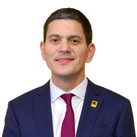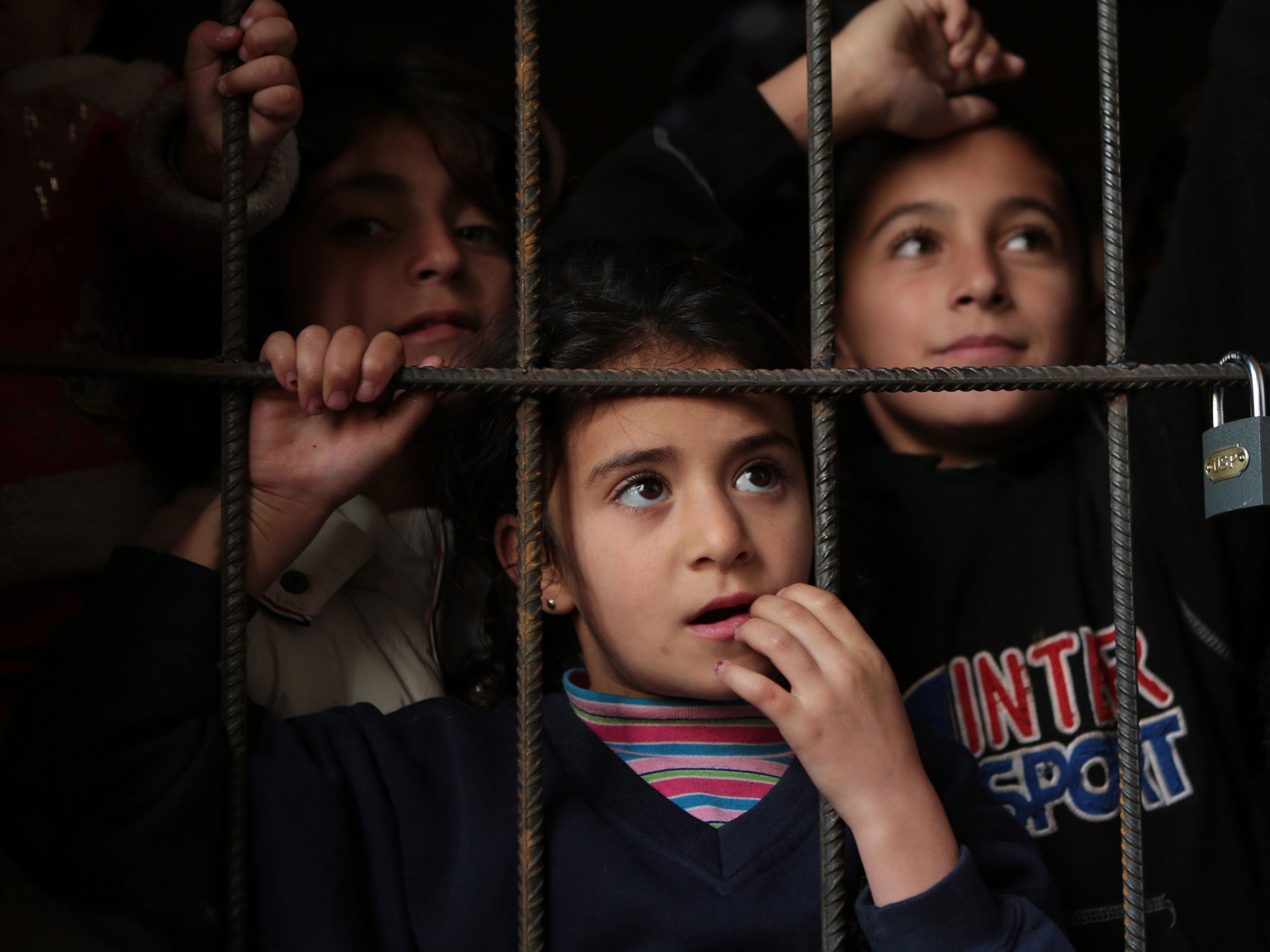Any denial of medical care is a weapon of war against Syrians
An immunisation campaign is urgently needed


Your support helps us to tell the story
From reproductive rights to climate change to Big Tech, The Independent is on the ground when the story is developing. Whether it's investigating the financials of Elon Musk's pro-Trump PAC or producing our latest documentary, 'The A Word', which shines a light on the American women fighting for reproductive rights, we know how important it is to parse out the facts from the messaging.
At such a critical moment in US history, we need reporters on the ground. Your donation allows us to keep sending journalists to speak to both sides of the story.
The Independent is trusted by Americans across the entire political spectrum. And unlike many other quality news outlets, we choose not to lock Americans out of our reporting and analysis with paywalls. We believe quality journalism should be available to everyone, paid for by those who can afford it.
Your support makes all the difference.The confirmation of polio in Syria is further evidence of a growing health crisis that is ravaging a country already in the grip of conflict. It is outrageous that in the 21st century, vulnerable Syrians now risk being afflicted with polio. Its re-emergence in Syria, where the disease had been eradicated for 14 years, is a terrifying indication of what can happen when a country and its public health system fall apart under the weight of war.
There is no treatment for this highly contagious virus. It spreads indiscriminately and can most effectively be prevented through vaccination. The International Rescue Committee (IRC) and our partner aid organisations need an immediate humanitarian ceasefire to allow access for immunisation campaigns.
Any denial of medical care is a weapon of war against the Syrian people.
We must act immediately: one out of 200 children infected with the polio virus develops paralysis. The other 199 are infecting others. An immunisation campaign is urgently needed. The IRC is ready to act, and can reach up to 300,000 people quickly, but we require safe access and supply. That’s why the IRC is calling on the World Health Organisation and Unicef to work with the Syrian government to make the oral polio vaccine available immediately.
Vaccination is the most effective way to limit the spread of polio, but simple hygiene measures can also help. So we are preparing an extensive hygiene campaign, including the provision of soap to 17,000 families at risk of infection.
The humanitarian situation in Syria and the neighbouring region continues to deteriorate, while political and military developments maintain the world’s focus. This outbreak of polio must serve as a wake-up call to the international community that the amount of misery, death and decay in the country remains immense. Polio must be the last disaster for Syria.
David Miliband is President/CEO of the International Rescue Committee. A version of this article first appeared on the Syria Deeply blog
Join our commenting forum
Join thought-provoking conversations, follow other Independent readers and see their replies
Comments